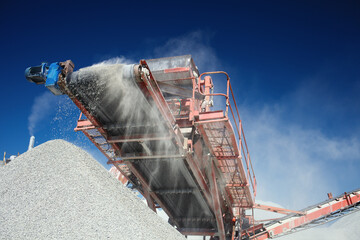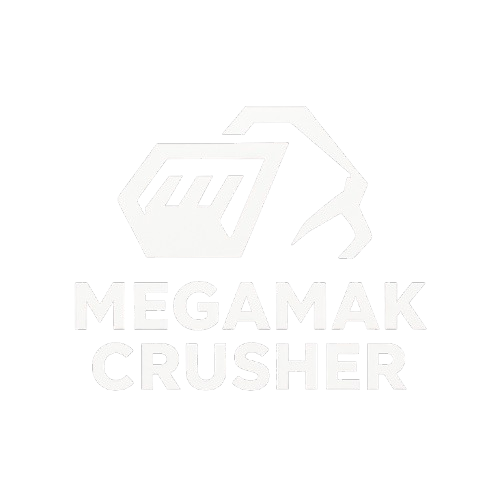Mobile vs. Stationary Crushers: Which is Right for Your Site?

Choosing between mobile and stationary crushers is a critical decision for aggregate production, mining, and construction projects. Each type offers unique advantages depending on site conditions, production requirements, and operational flexibility. Understanding their differences ensures optimal performance and cost efficiency.
Mobile Crushers are self-contained units designed for on-site mobility. They can be easily transported between locations, making them ideal for temporary sites, quarry expansions, or projects with limited space. Mobile crushers reduce hauling costs because material can be processed directly at the extraction point. They are typically faster to set up and require less civil engineering work, which saves time and reduces initial investment. Mobile units also allow operators to adapt quickly to changing production requirements, making them highly versatile.
Stationary Crushers, on the other hand, are fixed installations designed for long-term, high-volume operations. They are generally more robust, capable of handling larger feed sizes, and can process higher tonnage per hour compared to mobile units. Stationary crushers are ideal for established quarries, large-scale mining operations, or plants with a consistent material supply. While they require more extensive site preparation and infrastructure, stationary crushers often provide better energy efficiency, reduced wear, and easier integration with ancillary equipment like conveyors, screens, and storage facilities.
Key Considerations for Selection:
-
Production Capacity: Stationary crushers usually offer higher throughput, while mobile units are better for moderate volumes or flexible production scenarios.
-
Site Conditions: Space limitations, terrain, and accessibility influence whether mobility or permanence is more suitable.
-
Material Characteristics: Large, hard rocks may be more efficiently processed by stationary units, whereas mobile crushers can handle variable materials efficiently with proper configurations.
-
Operational Costs: Mobile crushers reduce hauling and site-preparation costs, while stationary crushers benefit from higher energy efficiency and lower long-term maintenance.
-
Flexibility and Expansion: Mobile units allow rapid relocation or expansion, whereas stationary plants are ideal for long-term, high-volume operations with predictable demands.
Hybrid Approaches are increasingly popular, combining mobile and stationary solutions. Some operations use mobile units for initial crushing and on-site processing, then feed material into a stationary secondary or tertiary crushing plant for refinement. This approach maximizes efficiency, reduces transportation costs, and adapts to variable project requirements.
In conclusion, the choice between mobile and stationary crushers depends on site-specific factors, production goals, and operational flexibility. By carefully evaluating capacity, material characteristics, site conditions, and cost implications, operators can select the most suitable crusher type to ensure productivity, efficiency, and long-term operational success.
